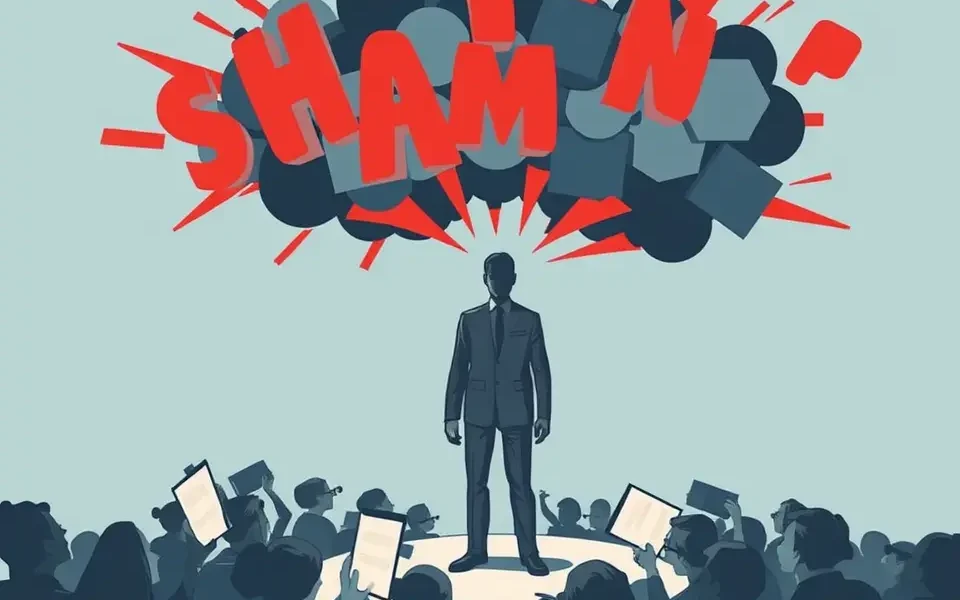Alexander Zverev, the world-renowned German tennis star, endured a shocking and unsettling experience during his quarter-final match at the Munich Open on Friday, April 18, 2025. A spectator brutally heckled Zverev, shouting “Let’s go, you f***ing wife beater!” This incident, a stark reference to past domestic abuse allegations against him, has once again thrust the controversial topic into the spotlight.
The Incident at the Munich Open
During a tense moment in the second set of his match against Tallon Griekspoor, as Zverev prepared to serve at 5-5, a voice from the crowd pierced through the atmosphere. The spectator’s words, laced with venom, were a direct and personal attack on Zverev, alluding to the serious allegations he has faced in recent years.
Zverev, initially composed, did not react outwardly. However, after winning the game, he approached chair umpire Fergus Murphy during the changeover, requesting the heckler’s removal from the venue. Tournament organizers promptly complied, ejecting the individual from the stadium.
Despite the disturbing interruption, Zverev managed to maintain his focus and secured a hard-fought victory over Griekspoor in three sets. He later downplayed the incident, attributing it to a “one or two idiots in the stadium” and expressing gratitude for the support of the majority of the crowd.
A History of Heckling
This was not the first time Zverev has been subjected to public heckling related to the domestic abuse allegations. Earlier this year, during the Australian Open final, a spectator interrupted the trophy ceremony by shouting the names of his accusers.
These repeated confrontations highlight the ongoing challenges Zverev faces, both on and off the court, as he attempts to navigate his career amidst the shadow of these serious accusations.
The Allegations: A Timeline
The domestic abuse allegations against Alexander Zverev stem from accusations made by two of his former girlfriends: Olya Sharypova and Brenda Patea.
Olya Sharypova’s Allegations
In October 2020, Olga Sharypova, a former tennis player and Zverev’s ex-girlfriend, posted on Instagram, stating she had been “beaten” and would “no longer be silent.” She later identified Zverev as her abuser in an interview with Russian publication Championat.
Sharypova detailed several alleged incidents of abuse, including one in New York in 2019, where she claimed Zverev covered her face with a pillow until she could no longer breathe. She also described instances of controlling and possessive behavior throughout their relationship.
The Association of Tennis Professionals (ATP) launched an investigation into Sharypova’s allegations in October 2021. However, in January 2023, the ATP closed the investigation, citing insufficient evidence to support the claims.
Brenda Patea’s Allegations and Settlement
In October 2023, Brenda Patea, another of Zverev’s ex-girlfriends and the mother of his child, filed a lawsuit in Germany, accusing him of “physically abusing and damaging her health” during an argument in Berlin in May 2020.
Patea claimed that Zverev pushed her against a wall and strangled her, causing her to have difficulty swallowing and breathing for several days. In October 2023, Zverev was issued a penalty order by the court in Germany and ordered to pay a fine of €450,000 for the charges of bodily harm against Patea. He contested this order, leading to a trial.
In June 2024, the court case was terminated after a settlement was reached between Zverev and Patea. Zverev agreed to pay €200,000, with €150,000 going to the state treasury and the remainder to non-profit organizations. The settlement did not include an admission of guilt, and Zverev has maintained his innocence throughout.
Zverev’s Response to the Allegations
Alexander Zverev has consistently denied all allegations of domestic abuse. In response to Sharypova’s initial accusations, he described them as “unfounded” and “simply not true.”
Following the settlement with Patea, Zverev stated that he was “happy that it’s over” and expressed his desire to move on from the subject. He has also emphasized his belief in the German legal system and his confidence that the truth would prevail.
The Broader Context: Heckling in Sports
The incident at the Munich Open raises broader questions about the appropriateness of heckling in sports and the line between passionate support and abusive behavior.
Heckling has long been a part of the sporting landscape, with fans often using it as a way to express their support for their team or to try and unnerve the opposition. However, when heckling becomes personal, offensive, or crosses into the realm of hate speech, it can create a hostile and uncomfortable environment for athletes and spectators alike.
There have been many instances of athletes and spectators clashing, resulting in serious repercussions. For example, in 1995, baseball player Albert Belle threw a ball into the stands, hitting a heckler, resulting in a suspension and a fine. More recently, a trans athlete was heckled with “no men in women’s sports” chants, highlighting the potential for heckling to become hateful.
Sports organizations and venue officials have the right to censor and remove fans for inappropriate behavior, but determining what constitutes unacceptable heckling can be a complex issue. While some may argue that athletes should be able to handle criticism as part of their profession, others contend that there is no place for personal attacks or abusive language in sports.
Moving Forward: Transparency and Accountability
The repeated public confrontations faced by Alexander Zverev underscore the need for transparency and consistency regarding policies from tennis governing bodies on how to address serious off-court allegations. While Zverev has denied the claims and legal proceedings have concluded, the reactions from spectators demonstrate that a segment of the public remains unconvinced.
It is essential for sports organizations to have clear guidelines in place for dealing with allegations of misconduct and to ensure that athletes are held accountable for their actions, both on and off the court. This includes providing support for victims of abuse and promoting a culture of respect and inclusivity within the sport.
Ultimately, the goal should be to create an environment where athletes can compete without fear of harassment or abuse and where fans can express their passion for the game in a responsible and respectful manner.
While it may be impossible to eliminate heckling entirely, setting clear boundaries and enforcing consequences for those who cross the line can help to create a more positive and welcoming atmosphere for everyone involved in sports.








No Comment! Be the first one.